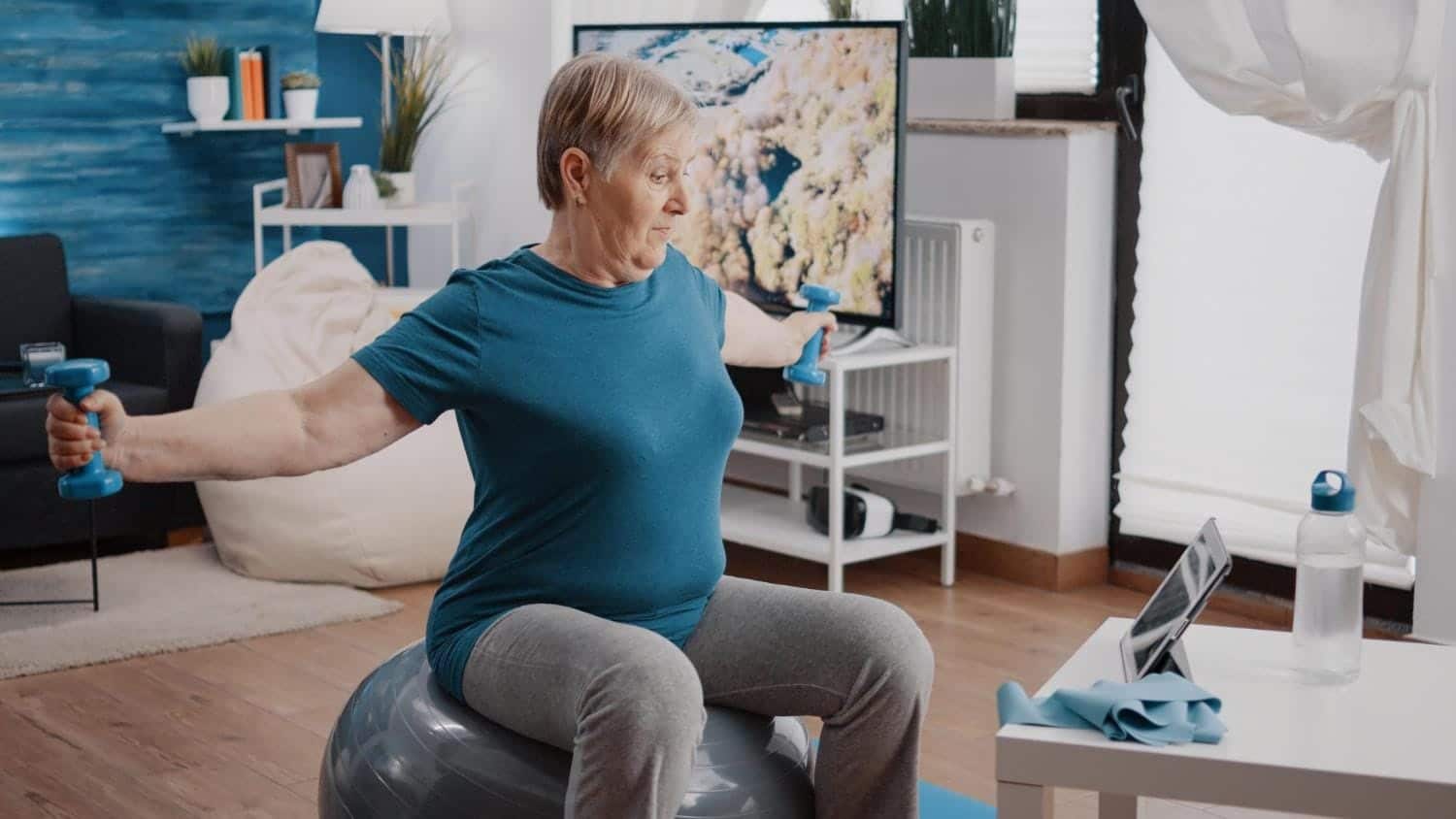Where the fuck did you get the idea that survivors are OK with 'improving'? Survivors want 100% recovery; the only goal in stroke! Since you don't understand that, everyone here is fired!
UBC Okanagan Study Aims to Improve Mobility for Stroke Survivors - Inshorts
University of British Columbia Okanagan researchers are investigating new ways to help stroke survivors recover movement in their lower body, from hips to feet. Stroke often affects this area, leading to a lower quality of life, mental health issues, and an increased risk of falls.
Master’s candidate Sarah Park of UBC Okanagan’s Centre for Chronic Disease Prevention and Management (CCDPM) draws attention to the difficulties stroke victims encounter in obtaining after-hospital rehabilitation services. This research addresses these unmet needs, particularly in lower extremity recovery, focusing on improving balance, stability, and walking ability for daily activities.
Dr. Sakakibara said, “More people are surviving a stroke, and the need for accessible rehabilitation regardless of geographic location is increasingly important. This program harnesses technology, the expertise of clinical therapists, and the motivation of individuals to improve stroke recovery.”
In the study, 32 stroke survivors, all within 18 months of their stroke, had eight telerehabilitation sessions via video calls with a physical therapist. The goal was to enhance lower body movement using targeted exercises and advice on self-care.
According to Dr. Ada Tang of McMaster University, participants experienced improvements in their strength and mobility and advancements toward their rehabilitation objectives.(Every survivor's objective is 100% RECOVERY! How many got there? Don't you dare replace that objective with your own lower objective!) They also learned skills to manage their condition independently and maintain their progress.
Programs for virtual rehab developed out of need during COVID-19 have shown potential in facilitating therapy accessibility, particularly for patients living in remote places. However, researchers warn that the benefits of therapy may fade if patients don’t continue with additional treatment after the program ends.
The study’s lead author, Sarah Park, highlights the value of teaching self-management techniques during post-stroke rehabilitation. Once official therapy finishes, these abilities enable patients to continue exercising and making progress.
Overall, self-management programs aim to improve health outcomes by helping individuals adapt to their circumstances, potentially easing their challenges post-discharge. Virtual rehab and self-management can enhance care continuity for patients returning to their communities and boost their overall quality of life.
Virtual rehab helps stroke recovery by being accessible and convenient. However, teaching self-management skills is essential for long-term gains. This empowers stroke survivors to lead their recovery, improving their quality of life.
Journal reference:
- Sarah Park, Ada Tang, et al., Investigating the Telerehabilitation With Aims to Improve Lower Extremity Recovery Poststroke Program: A Feasibility Study. Physical Therapy and Rehabilitation Journal. DOI: 10.1093/ptj/pzad165.

No comments:
Post a Comment